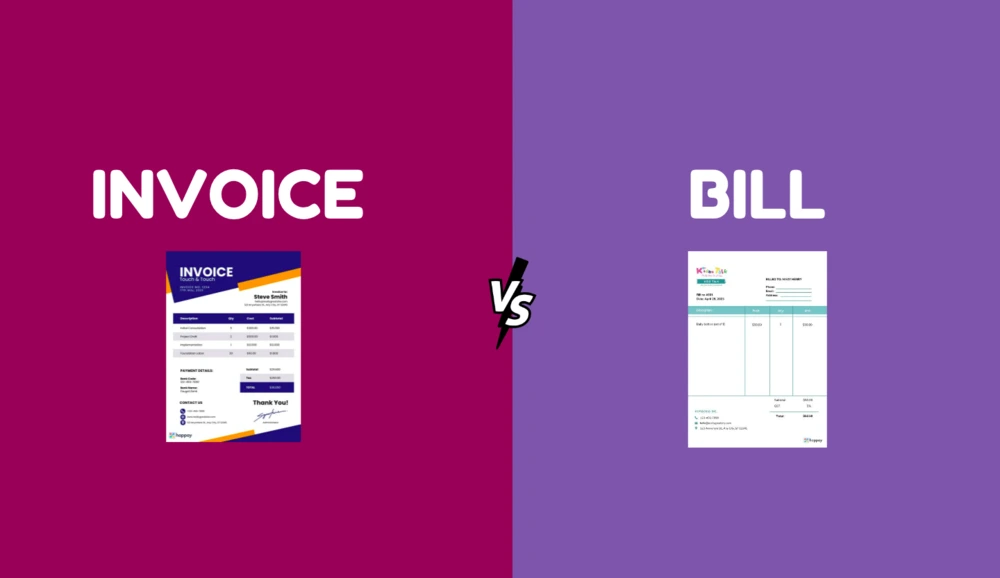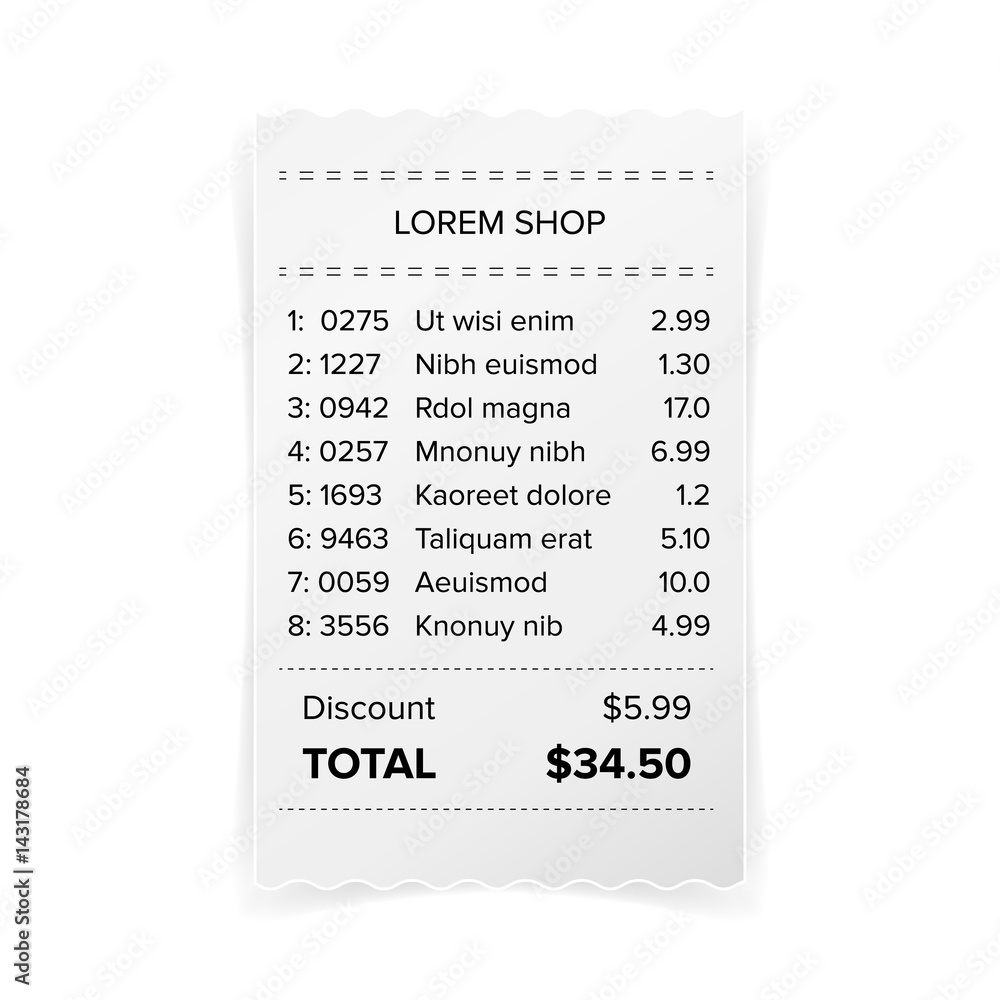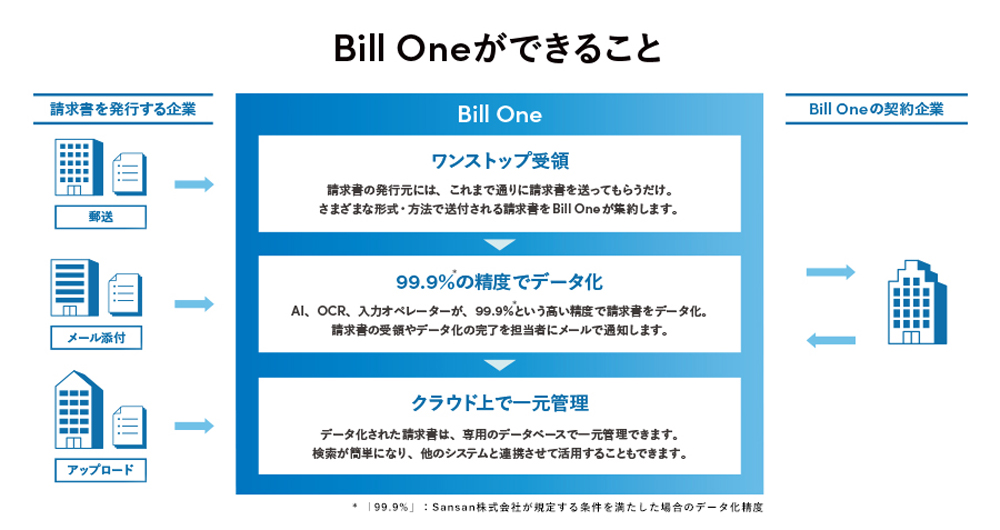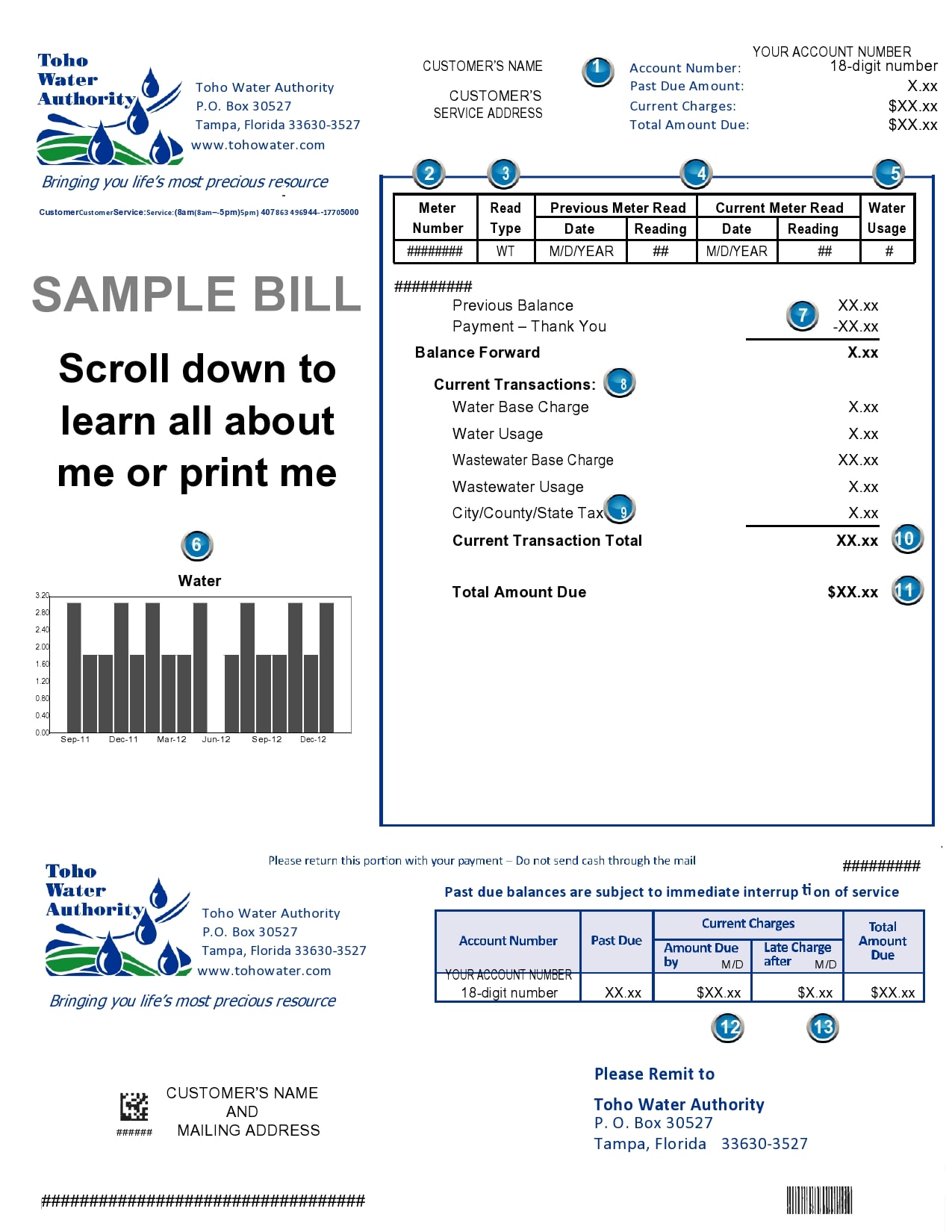Alright science enthusiasts, are you ready to dive headfirst into the fascinating world of chemical reactions? Whether you’re a seasoned chemist or just starting your scientific journey, understanding how substances interact and transform is absolutely fundamental. And what better way to learn than with everyone’s favorite science guy, Bill Nye! Many of us remember watching Bill Nye the Science Guy in school and that included some accompanying worksheets! Today, we’re going to talk about Bill Nye’s Chemical Reactions Worksheet and how it can help you master this key scientific concept. This post aims to not only provide the answers but also explain the underlying principles, making learning engaging and effective.
Chemical reactions are the backbone of our universe. From the simplest process of cooking an egg to the intricate workings of our bodies, chemical reactions are constantly happening around us. They involve the rearrangement of atoms and molecules, leading to the formation of new substances with different properties. The Bill Nye Chemical Reactions worksheet provides a fun and engaging way to explore these reactions, covering essential concepts like reactants, products, balanced equations, and the Law of Conservation of Mass.
The worksheet typically accompanies the Bill Nye Chemical Reactions episode, which uses his signature style of humor and engaging demonstrations to illustrate these complex ideas. The questions in the worksheet are designed to reinforce the information presented in the show, helping students solidify their understanding of the material. The worksheet can be used in a variety of settings, including classrooms, homeschool environments, and even for independent study. It’s a great resource for anyone looking to improve their knowledge of chemical reactions in an accessible and entertaining way. While the exact questions may vary depending on the specific version of the worksheet, the core principles remain consistent. Let’s break down some of the common concepts addressed in these worksheets and provide some helpful explanations.
One of the first things you’ll encounter is the difference between physical and chemical changes. A physical change alters the form or appearance of a substance but doesn’t change its chemical composition (like melting ice). A chemical change, on the other hand, results in the formation of new substances with different properties (like burning wood). Understanding this distinction is crucial for identifying chemical reactions.
Another key concept is the Law of Conservation of Mass. This law states that mass is neither created nor destroyed in a chemical reaction. This means that the total mass of the reactants (the substances that go into the reaction) must equal the total mass of the products (the substances that are formed). Balancing chemical equations is all about ensuring that this law is obeyed. A balanced equation shows the correct number of molecules of each reactant and product, so that the number of atoms of each element is the same on both sides of the equation. This worksheet helps students practice balancing equations by counting atoms and adjusting coefficients.
Finally, the worksheet might also touch on different types of chemical reactions, such as synthesis reactions (where two or more reactants combine to form a single product), decomposition reactions (where a single reactant breaks down into two or more products), single replacement reactions (where one element replaces another in a compound), and double replacement reactions (where two compounds exchange ions). These reactions are categorized based on the specific types of changes that occur, and understanding these categories can help you predict the products of a chemical reaction.
Bill Nye Chemical Reactions Worksheet Answers
Below is a general guide to what you might find in a Bill Nye Chemical Reactions Worksheet. Because the exact questions can vary, this isn’t a definitive answer key but a helpful summary of potential answers to common questions related to the show and the topic.
Possible Questions and Answers:
-
Question: What is a chemical reaction?
Answer: A process that involves rearrangement of atoms and molecules to form new substances. -
Question: What are reactants?
Answer: The starting materials in a chemical reaction. -
Question: What are products?
Answer: The substances formed as a result of a chemical reaction. -
Question: What is the Law of Conservation of Mass?
Answer: Mass is neither created nor destroyed in a chemical reaction. The total mass of the reactants equals the total mass of the products. -
Question: Give an example of a chemical reaction.
Answer: Burning wood, rusting iron, baking a cake, etc. -
Question: What is a chemical equation?
Answer: A symbolic representation of a chemical reaction using chemical formulas and symbols. -
Question: What does it mean for a chemical equation to be balanced?
Answer: The number of atoms of each element is the same on both sides of the equation, ensuring the Law of Conservation of Mass is obeyed. -
Question: What are the signs of a chemical reaction (that you can see)?
Answer: Production of a gas (bubbles), formation of a precipitate (solid), change in temperature (heat released or absorbed), change in color. -
Question: What is the role of energy in a chemical reaction?
Answer: Some reactions require energy to occur (endothermic), while others release energy (exothermic). -
Question: Name types of chemical reactions.
Answer: Synthesis, decomposition, single replacement, double replacement, combustion.
Remember, understanding the *why* behind the answers is just as important as knowing the answers themselves. So, watch the Bill Nye episode, work through the worksheet, and delve deeper into the concepts. Happy learning, and keep exploring the amazing world of science!
If you are searching about BILL Expands Most Comprehensive Financial Operations Platform for SMBs you’ve came to the right page. We have 20 Pictures about BILL Expands Most Comprehensive Financial Operations Platform for SMBs like Printed Receipt Vector. Bill Atm Template, Cafe Or Restaurant Paper, What is "Bill" | Definition and meaning of the term | Forex Trading and also Introducing BILL: Our new brand. Here you go:
BILL Expands Most Comprehensive Financial Operations Platform For SMBs
.jpg?download=1)
www.businesswire.com
What Is "Bill" | Definition And Meaning Of The Term | Forex Trading

www.fibogroup.com
Introducing BILL: Our New Brand

www.bill.com
Bill Com Holdings (NYSE:BILL) Stock Price News

stocklight.com
Difference Between Invoice And Bill: A Complete Guide – Happay

happay.com
Bill Of Exchange, All You Need To Know – Shiksha Online
www.shiksha.com
Printed Receipt Vector. Bill Atm Template, Cafe Or Restaurant Paper

stock.adobe.com
インボイス管理サービス「Bill One」 | 連携サービス | ピー・シー・エー株式会社

pca.jp
What Is A Bill Of Entry: Types, Format, And Documents Required

sell.amazon.in
BILL (Bill.com) Reviews: What Do Real Users Think?

www.stampli.com
Bill.Com Changes Name To ‘BILL’ Following Rebrand

www.pymnts.com
Bill.com Introduces New Product Features At Sage Transform, Continuing

www.businesswire.com
Do Restaurants Pay Vat On Water At Gabrielle Krefft Blog

storage.googleapis.com
Bill.com And KeyBank Introduce Key CashFlowsm, A Streamlined Payments

www.businesswire.com
Bill – Free Of Charge Creative Commons Financial 3 Image

www.thebluediamondgallery.com
File:U.S. Hundred Dollar Bill, 1999.jpg – Wikimedia Commons

commons.wikimedia.org
Msn Money Bill Pay

ar.inspiredpencil.com
BILL Stock: 11 Reasons Why Bill.com Shares Are Skyrocketing Today
www.aol.com
Bill Gates: AI Is Most Important Tech Advance In Decades – BBC News

www.bbc.com
40 Editable Utility Bill Templates (FREE Downloads)

templatearchive.com
Bill of exchange, all you need to know. Bill (bill.com) reviews: what do real users think?. bill.com and keybank introduce key cashflowsm, a streamlined payments …
